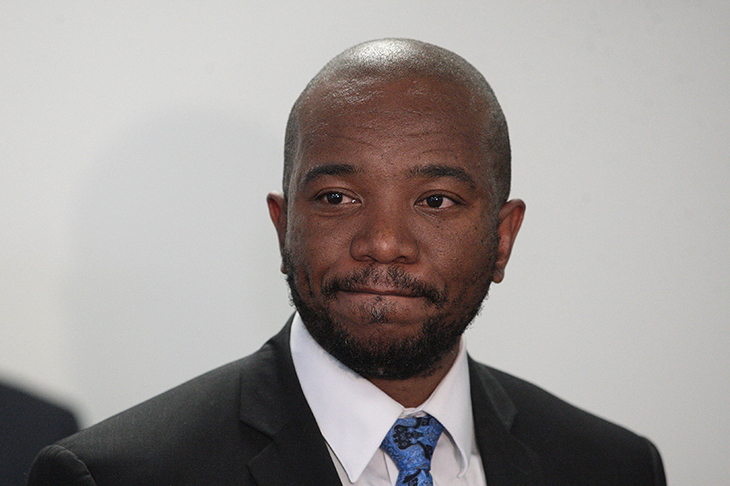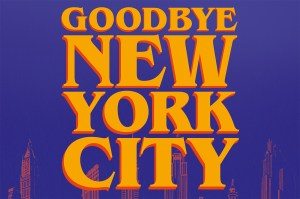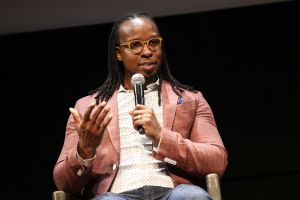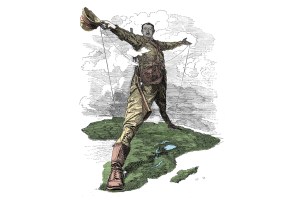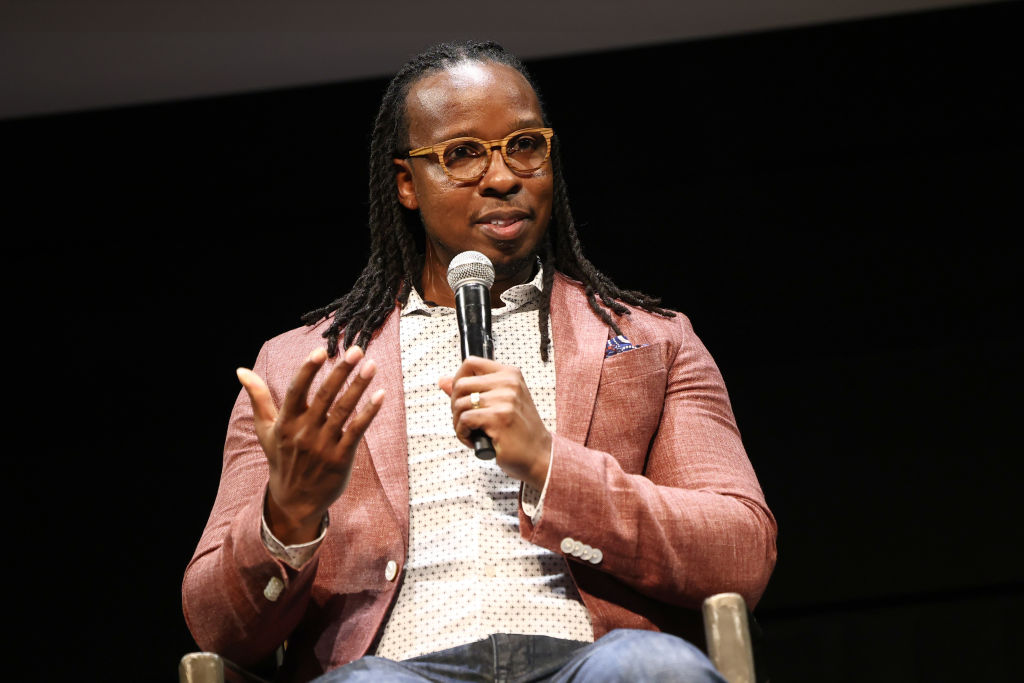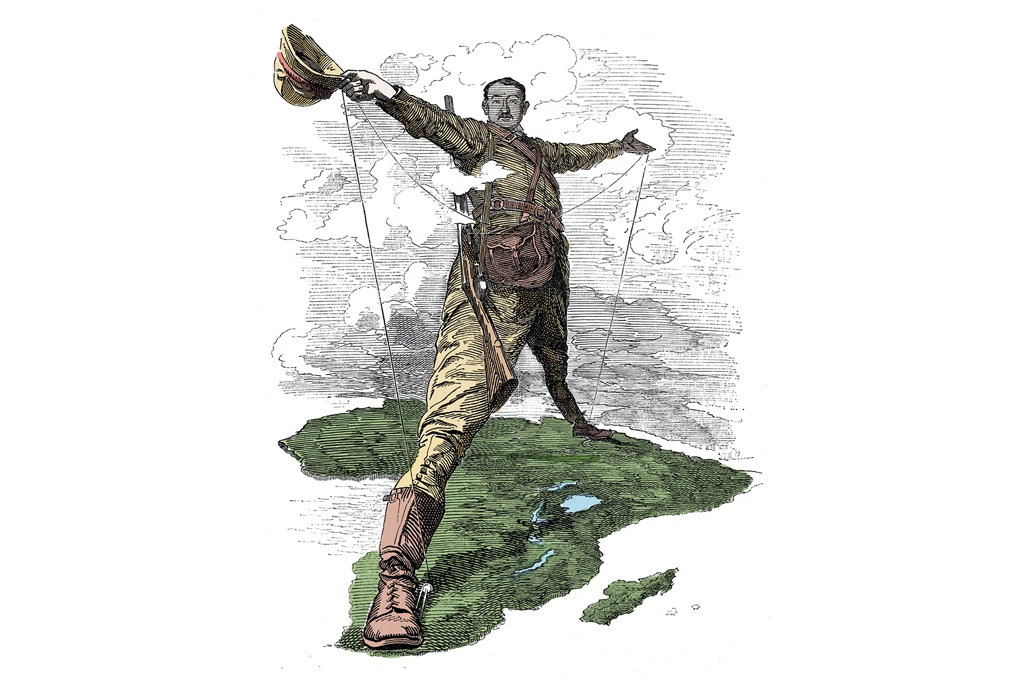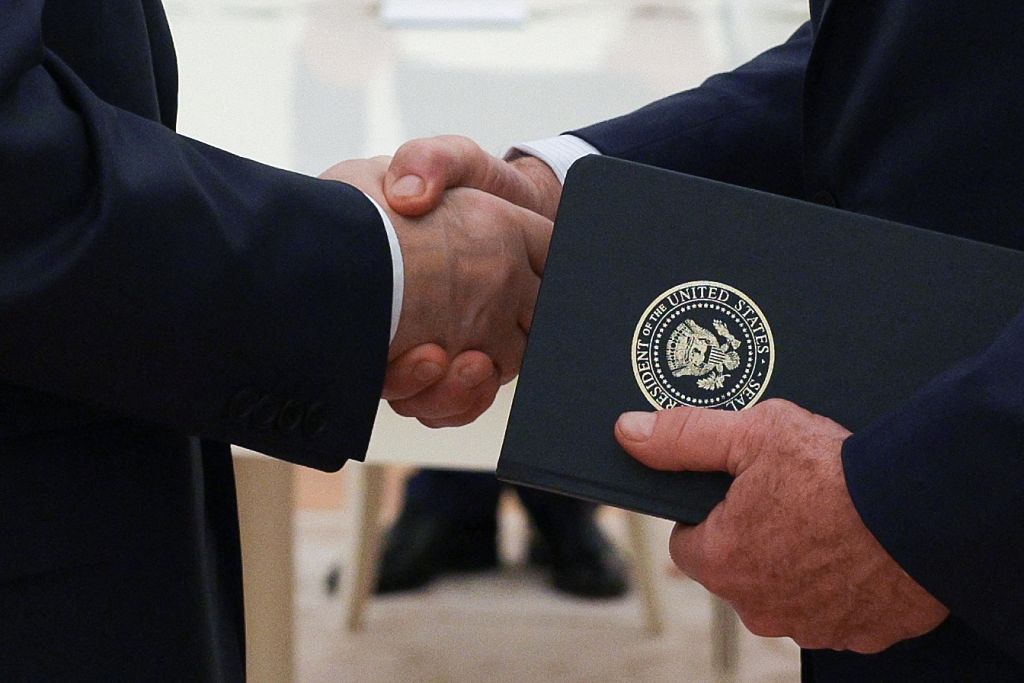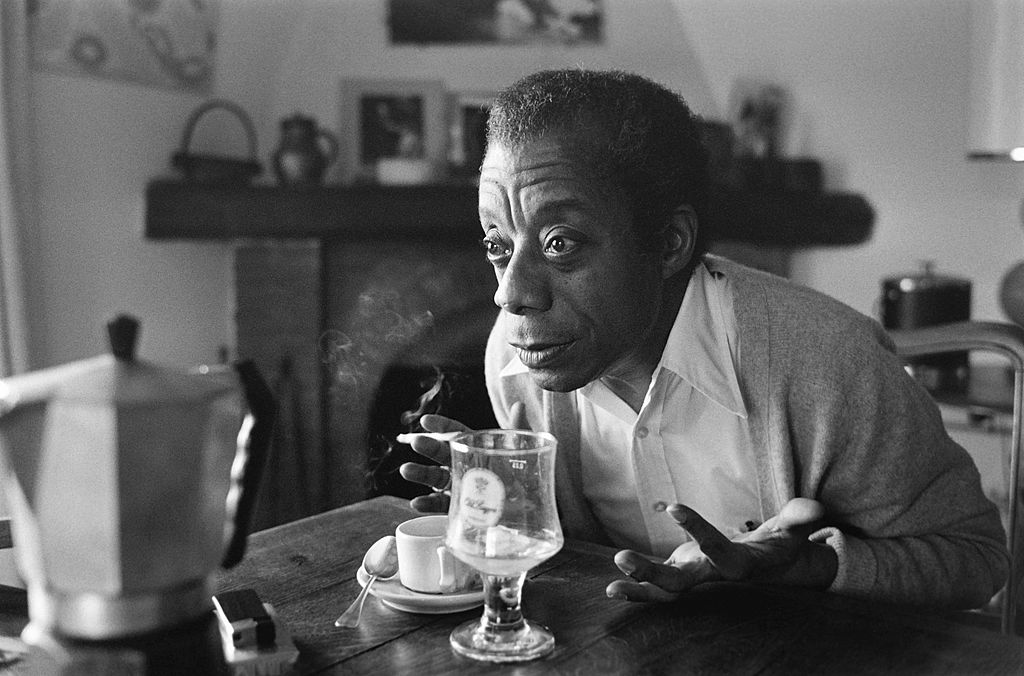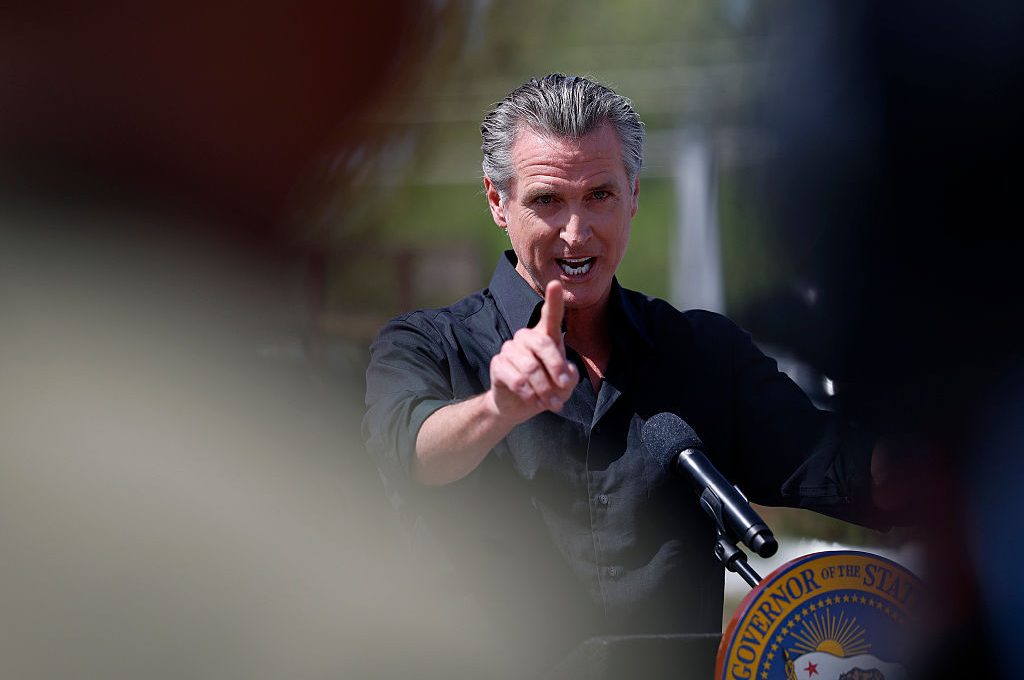Cape Town
Last Sunday, when South Africa beat Wales to go through to the rugby World Cup final against England, was the last day of a black week in South African politics. The valiant Democratic Alliance, the official opposition, the proud liberal party that fought both apartheid and the abuses of the ANC, fell into strife and ignominy. Its leader Mmusi Maimane resigned and there was furious infighting about its governance and policies. Enemies of liberalism gloated. The election of the dominating figure of Helen Zille as the party’s chair was at the center of the storm.
Africa can prosper only if it follows liberal policies: clean and limited government, the rule of the law, free enterprise, equal opportunities, no discrimination based on race or anything else. This is what the DA used to believe in. But among Africa’s elite there is a big problem, which makes liberalism difficult. It lies deep in the African psyche and helps to explain why post-colonial Africa has been a failure compared with post-colonial Asia (compare Kenya with South Korea).
This problem is hard to describe, but it expresses itself among African leaders in the simultaneous hostility to and adoration of all things white and European. When an African leader (Robert Mugabe was a classic example) condemns European imperialism, everyone knows he drives a European car, dresses in European clothes, and sends his children to European or European-style schools — and probably despises most things African. South African President Cyril Ramaphosa sent his sons to the highly prestigious (and expensive) St Stithians college in Johannesburg and his daughters to Roedean, a posh English private school. This is typical.
Enormous harm has been done in South Africa by this hypocrisy. Take the ANC’s racial policies of ‘transformation’ — which means getting rid of the whites. They include affirmative action (where race is a consideration for appointment, sometimes the main one), employment equity (if 92 percent of the population is black, 92 percent of teachers should be black) and Black Economic Empowerment or BEE (a form of legalized bribery, in which businesses must hand over money and positions to friends and family of the ruling party). These policies have crippled our economy.
And while black leaders in South Africa send their children to private schools or elite state schools where most teachers are white, poor, black children suffer in schools where many (not all, of course) of the teachers are unqualified affirmative action appointments. These teachers also fall under the control and protection of the Mafia-like teaching union, SADTU, which has close links to the ANC. The result is just about the worst educational outcomes on Earth — far worse than much poorer African countries. — despite the enormous sums of money South Africa spends on education. The life prospects of the children are ruined, which explains much of our catastrophic unemployment — 39 percent, if you include those who have given up looking for work. The leaders of SADTU, by the way, make sure that their own children never go to a SADTU-controlled school.
Ordinary black people know this. Surveys show they are against affirmative action. But if a party said it wanted no affirmative action and all teachers to be appointed on merit, it would be labeled as ‘liberal’ and therefore ‘white’.
Under white rule, Helen Suzman was the only MP for the Progressive party, which alone opposed apartheid in parliament. It became the Democratic party (DP) in 1989. Apartheid ended in 1990 and the ANC came to power in the 1994 election, with 63 percent of the vote. The DP got 1.7 percent. Its next leader, Tony Leon, a tough liberal, then increased its popularity by his loud opposition to the corruption and incompetence of the ANC. It swallowed up the dying National party (which had ruled under apartheid) scooped up most white and brown votes, and became the official opposition in 1999, with 9.6 percent of the votes. It became the Democratic Alliance in 2003, and four years later Leon was succeeded by Helen Zille, another strong, hard-working and able liberal.
As well as leading the DA, Zille became the premier of the Western Cape (capital, Cape Town) in 2009. Initially she did a good job in both, which infuriated her enemies. She increased the DA vote to more than 22 percent. In the Western Cape, the DA spent a disproportionate amount of its revenues on poor black people. For this it was accused of caring only for rich whites. People began to flee corrupt, incompetent ANC rule in the Eastern Cape to honest, competent rule in the Western Cape — before voting ANC at the next election.
Then the DA ran into problems and doubts. Hoping to attract black voters, it tried to appoint black leaders. After some disastrous choices, it made Mmusi Maimane — intelligent, handsome, charming and articulate — its leader in 2015 when Zille stepped down. Fatally, it began to stray from its liberal policies of non-discrimination, towards affirmative action and BEE. It became ‘ANC-lite’. Many liberal supporters felt betrayed. It lost votes in 2019 to Afrikaners who did not want racial preferences.
Zille compounded the problems with her impetuous, Trump-like urge to tweet. In 2017 she tweeted from Singapore: ‘For those claiming legacy of colonialism was only negative, think of our independent judiciary, transport infrastructure, piped water, etc. Would we have had a transition into specialized health care and medication without colonial influence?’ Zille was branded a racist. Maimane demanded an apology.
Last week, things fell apart. Maimane resigned, and so did the DA mayor of Johannesburg and others. There were angry rows about doctrine and leadership. Maimane, denounced by the DA’s enemies as a white man’s tea boy when he became leader, was cheered as a gallant victim of white racism. Zille came back as Federal Chairperson amid controversy.
The DA is now wondering where its soul should be. My advice is simple: it must adopt clear liberal policies and proclaim them loudly and clearly, explaining why they will benefit everyone — especially the poor. This time, good policy can and must overcome race.
This article was originally published in The Spectator’s UK magazine. Subscribe to the US edition here.



